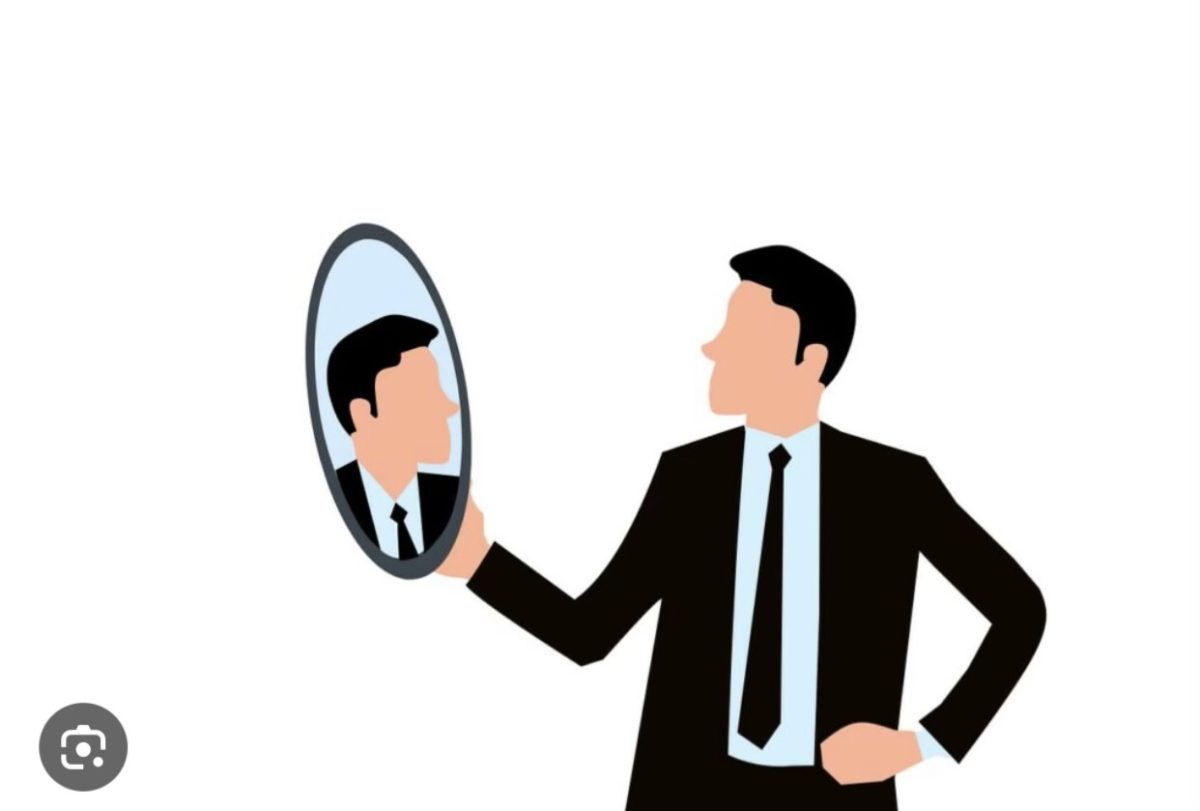Like most of you, I have been religiously following the international exploits of “Snooki,” “The Situation,” “J-Woww” and the rest of the bronzed crew of this season of MTV’s “Jersey Shore,” a show in which the group aspires to “GTL” its way through Florence, Italy.
For the uninitiated, “Jersey Shore” is a hit reality TV show on the MTV network, which showcases the lives of eight young men and women. Due to the group’s lifestyle, which is characterized largely by frequent partying and meaningless sex, the show has garnered quite a bit of controversy.
Indeed, a representative from UNICO National, the largest Italian-American service organization in the U.S., told TMZ, “I suffered through all 120 minutes of the show and it was worse than I imagined. […] Italian-Americans are outraged and they are helping us reach out to sponsors to ask them to stop advertising with MTV until they agree to pull ‘Jersey Shore.’”
Their outrage was effective. The day after the first episode was broadcasted to an audience of 1.3 million, Domino’s Pizza announced that it was pulling all advertising from the show. However, while it may be tempting to dismiss “Jersey Shore” as a poor excuse for prime-time reality television, I find that the show stands to offer several valuable cultural and ethical lessons for everyone.
By watching the show, I have gained a new sense of cultural identity, appreciation for good hygiene, several new terms to add to my vocabulary and a frightening glimpse into what my life could become if I choose to abandon all responsibility.Even those who have never watched an episode are aware of the group’s strong Italian identity. Who among us could not learn from such an example of pride in one’s cultural heritage?
The Jersey Shore cast members have turned “guido,” a once disparaging term used to describe working-class Italian-Americans, into a flattering compliment.
According to the members of the show, a “guido” (or its female equivalent, “guidette”) is an attractive, healthy, clean and self-confident individual who garners respect in any social setting. Furthermore, it is interesting to note that some of the members of “Jersey Shore” have even adopted the Italian culture, despite the fact that they are not descended from Italian heritage.
One such example is Snooki, who is a Chilean-American, but desires nothing more than to find an “Italian juicehead gorilla” and make “little tanned Italian babies.” What a promising and inspiring example of cultural acceptance.
Beyond their ethnic pride, the cast also practices a daily ritual of “GTL,” an acronym for “gym, tanning and laundry.” In a nation whose population is over 60 percent overweight, we are certainly in need of public role models encouraging a healthy fitness regimen.
Also, in their constant quest to be “fresh to death,” the cast of Jersey Shore encourages exceptional personal hygiene through daily laundry and frequent showering.
As a former English major, I am well aware of the many additions made to the English lexicon by William Shakespeare. It cannot be denied that the cast of “Jersey Shore” has had a similar effect.
Though “GTL,” “grenade,” “smush,” “juicehead” and “DTF” may not be in the dictionary yet (or at least not with the intended meanings with which the cast members use them), their inclusion in the dictionary of modern pop culture has already been solidified.
Despite all of these obvious positive messages, I am not trying to condone all behavior present in a typical episode of “Jersey Shore.” I am well aware that the lifestyle led by the cast members, seemingly free of all responsibility and accountability, has its repercussions.
However, when I tune in and see the crew engage in such thoughtless and dangerous promiscuity, alcohol abuse and, at times, violence, I gain a sense of assurance that even when I am at my most reckless, I am still a fairly responsible human being.
So, lastly, “Jersey Shore” also serves as a moral lesson through a negative example.
As a viewer of the show, I can see the negative consequences of the group’s actions and commit myself to not making the same poor life decisions.
In a very real way, “Jersey Shore” has made me a better person. Well, I guess that’s a stretch. Perhaps many statements I have made in this column have been a little far-fetched.
However, when kept in perspective, and taken with a little bit of humor, “Jersey Shore” is a harmless, humorous and maybe even at times an educational and informative TV show.
Vinnie Schneider is a junior in the College of Arts and Sciences.










